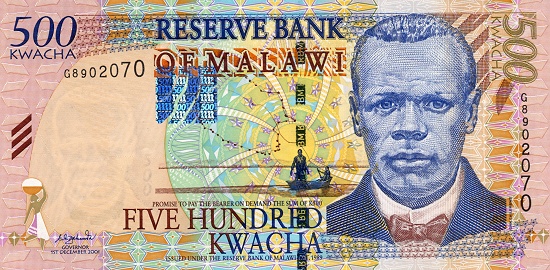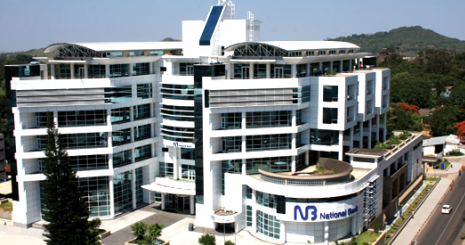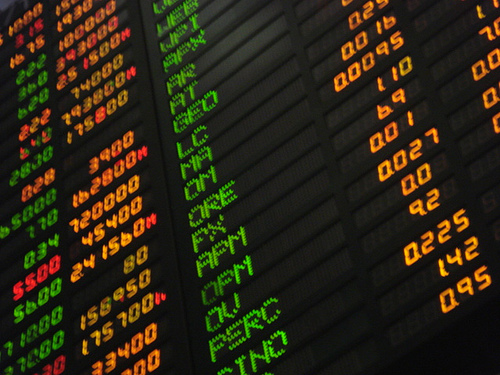The Malawi kwacha exchange rate to the United States dollar closed the year 2012 at an average price of K346, down from K167 on December 312, 2011, The Daily Times has established.
On the black market, the US dollar was trading at rates as high as K360 by December 31 as demand for foreign currency continue to soar in the country while exports are out of season.
The K346 US dollar exchange rate by December 31, 2012 means that within eight months from May 2012, the local unit has depreciated by 107 percent.
Meanwhile, Financial Market Dealers Association (Fimda) President Alfred Nhlema believes the kwacha exchange rate is yet to reach its real price as demand for forex still outweighs supply.
Nhlema said the continued pressure on the exchange rate over the past months has mainly been caused by huge importation bills of strategic commodities like agricultural inputs and fuel.
He said this occurrence does not come as a surprise, especially at this period when the economy is in a lean forex supply period.
Nhlema said, however, supply of forex improved considerably over the past seven months due to improved donor inflows, good tobacco prices and the near convergence between the official exchange rate and the black market exchange rate.
“These made it possible for most forex suppliers to channel their hard earned resources through the official banking sector,” said Nhlema.
He observed that the policy reforms adopted by government in May 2012, specifically the free float exchange rate regime, has allowed the exchange rate to adjust to market determined levels through the price discovery mechanism dictated by the natural law of demand and supply.
The reforms, said Nhlema, will provide a strong foundation upon which the economy will pick up from.
“It is the market’s expectation that things will get worse before they get better as the current depreciation of the kwacha entails that imports are more expensive and, on the assumption that the volume of imports and exports change, immediately, the economy will continue to register a trade balance deficit,” he said.
He observed that several government export driven initiatives such as the recently launched National
Export Strategy and the establishment of the Export Development Fund could boost the volume of exports and consequently export proceeds in the medium term to long term.
Officials believe the commencement of the tobacco selling season in March 2013 will reduce pressure on the exchange rate in the short term.
Reserve Bank of Malawi Governor Charles Chuka told reporters in Blantyre in October that the continued depreciation of the Malawi kwacha would eventually reach its limits arguing there would come a time when the price of foreign currency will hit the ceiling, beyond which nobody would afford to buy it.
“I know some people are predicting that the kwacha will fall to as much as K400 or K500 to the US [United States] dollar. But look, who can afford to buy US dollars at that price? I would say nobody. Not even companies. So even the forex trader would have to limit the price adjustment or else, they would have nobody to buy their forex,” said Chuka.





No comments! Be the first commenter?